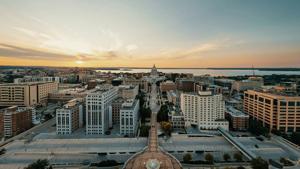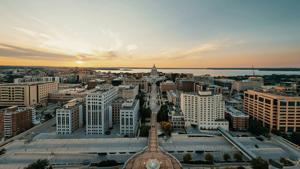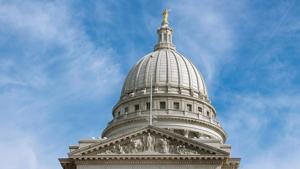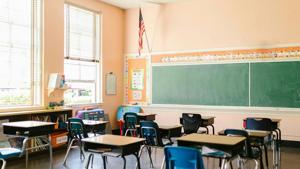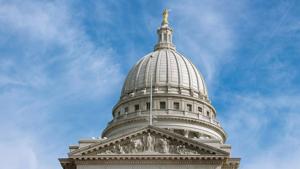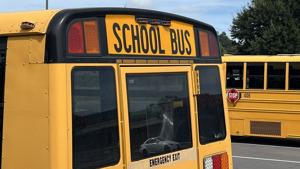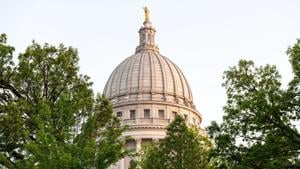(The Center Square) – Wisconsin is expecting more people and higher costs from its Medicaid program in the coming year.
The state’s Department of Health Services this week wrote a letter to lawmakers explaining that costs will be $213 million more than expected.
“Several factors are contributing to the projected deficit,” Health Department Secretary-designee Kirsten Johnson wrote. The “Medicaid budget adopted lower Family Care and Family Care Partnership enrollment growth trends than the Department recommended during budget development. The actual enrollment trend so far this biennium suggests program enrollment will be even higher than the Department anticipated.”
Specifically, Johnson said managed care enrollment will cost $45 million more than expected. She also said fee-for-service nursing home expenditures and Children’s Long Term Supports costs will be “significantly higher than budget due to higher-than-projected utilization.” Johnson said the fee for service increase will be at least $59 million higher, and the CLTScosts will be $38 million more.
Johnson said there could be some cost savings. She told lawmakers that “BadgerCare Plus and SSI Managed Care enrollment has trended lower than budget in the first six months of the year.”
But she also warned that HMO costs are higher than expected. Still, Johnson told lawmakers “managed acute care costs are more favorable compared to the budget.”
Wisconsin’s state budget has $9.7 billion set aside for Medicaid, and it’s not clear whether Republicans will find more money for the program.
Johnson promised to continue to update lawmakers as 2026 begins.
“The department will continue to manage program funds in a cost-effective manner while maintaining access to quality health care to over 1 million Wisconsinites,” Johnson added.
